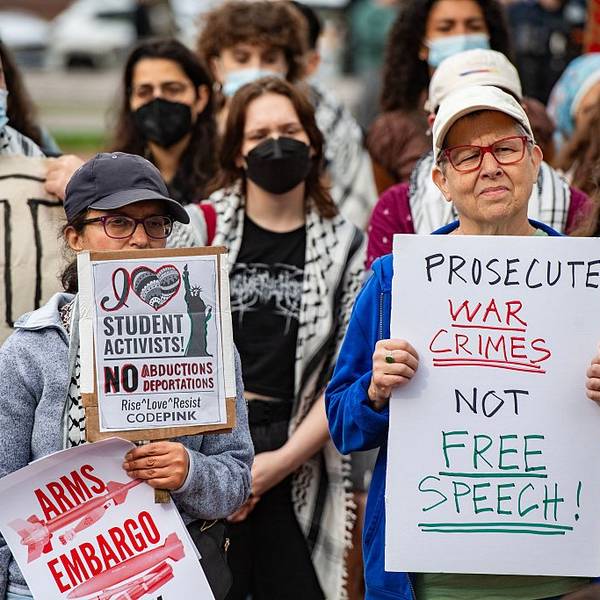An unclassified executive summary of the Senate report on the CIA torture program continues to evade the public eye as the Obama administration and senators clash over redactions to the report.
The summary of the Senate Intelligence Committee's over 6,000-page damning report into the techniques used in the wake of the September 11 attacks had been expected to be declassified shortly.
But Senator Dianne Feinstein, chair of the committee, issued a statement on Friday that that the committee had noted "significant redactions" when it received the report from the administration. She said that the executive summary would be held so that the Committee had "additional time to understand the basis for these redactions and determine their justification."
A spokesman for Sen. Ron Wyden (D-Ore.), also an Intelligence Committee member, told The Hill that "redactions meant to spare political embarrassment are unacceptable."
Asked on Monday for comment on the criticisms that the redactions made the report unreadable, White House Press Secretary Josh Earnest said that Obama has been "very forward-leaning in terms of trying to be as transparent as possible" with regards to the CIA torture , noting that "more than 85 percent of the report was un-redacted." Earnest added that "it is important that a declassification process be carried out that protects sources and methods and other information that is critical to our national security. "
Committee member Senator Martin Heinrich (D-N.M.), issued a statement Sunday in which he slammed the "blackouts."
"I was disappointed to learn of the CIA's extensive use of redactions on the Committee's executive summary. Redactions are supposed to remove names or anything that could compromise sources and methods, not to undermine the source material so that it is impossible to understand," Heinrich's statement reads. "Try reading a novel with 15 percent of the words blacked out -- it can't be done properly. It is my hope that constructive conversations will now occur between the Committee, the CIA and the White House to minimize the redactions currently employed so that the report may be released very soon."
McClatchy's reporting on Monday regarding the battle over report redactions adds:
A former federal official familiar with the contents of the report said that he was skeptical of the need to excise all pseudonyms, saying such extensive deletions would harm the public's ability to understand what occurred.
"The story is partly about names and places. All of a sudden you wouldn't be able to tell that story," said the former federal official, who spoke on condition of anonymity because of the sensitivity of the issue. "Essentially it just becomes a bunch of verbs. 'Something was done but nobody did it and it wasn't done anywhere.' It's similar to 'Mistakes were made.' There's no accountability in the narrative. It would make it incomprehensible."
Investigative reporter and author Jeremy Scahill said last week that "the White House, at the highest levels, is basically going through and editing what the American people can and can't read in this report about one of the definitive, moral questions and legal questions of our time, the extent to which we were involved in systematic torture, with lying to lawmakers, with misleading not only Congress but the American people on a wide range of issues that resulted in our country going to war and being involved in systematic acts of torture."
"The American people will be profoundly disturbed" by the torture report, Wyden said in April, and added "that getting the facts about torture out to the American people will keep these mistakes from being repeated and make our national intelligence agencies stronger and more effective in the long run."



